Vegan B12 is a hot topic and far more important to discuss than protein (Protein is not an issue for vegans). There are very few good source for B12.
Everyone should know the importance of B12 and not just vegans and vegetarians. B12 plays a vital role in our health and deficiency of it could adversely affect our physical and mental health and the consequences could be devastating.
Table of Contents
What is B12?

B12 is a water-soluble vitamin known as cobalamin. Its role is to involve in the production of red blood cells, which play an important part in our brain function and the nervous system.
This vitamin is made by certain bacteria and microorganism which is found in the soil around grass that mammals eat. Animals don’t make B12 and no plants make it. The bacteria do, however, grow in the guts of animals and their body, that’s why they could be a source of this vitamin.
That said, why does a deficiency of B12 also occur in people who eat a large amount of meat and animal products? There could be many reasons and one of them is malabsorption due to gut inflammation, alcohol intake, medications, atrophic gastritis, leaky gut, hypochlorhydria, low stomach acid, Crohn’s disease, ulcerative colitis, celiac, IBS etc.
What does the British National Health Service say?
According to NHS “Red meat provides us with iron, and meat is also one of the main sources of vitamin B12”
There is another article by NHS: “Red meat intake ‘linked to death risk'”. So, which one is correct? One seems to contradict the other.
Endless studies show that meat consumption and animal products cause life-threatening diseases such as cancers, diabetes, coronary artery disease, heart disease and premature death.

Which is it then?
It is clear that consuming animal products can benefit us in one way and destroy our health in another way. If we are already sick due to heavy consumption of meat the chances of absorbing vitamin B12 will be very slim, right?
Is it really worth consuming animals for the sake of vitamin B12?

That’s the sort of question I asked myself when I was a meat-eater and suffered over two decades with a very poor digestive system, gastritis, hiatal hernia, acid reflux and inability to digest any meals with high-fat content. Besides, I always felt tired, lethargic and lacking energy.
After embracing a plant-based diet I started to feel the changes in my digestive tract almost immediately and I will never go back to eating meat again. But I know the importance of B12 and it will be silly to say that I get the level of the requirement by eating a plant-based diet.
It is simply impossible as we know plants don’t make B12 and there is no reliable B12 in seaweed, spirulina, chlorella, fermented foods such as tempeh and organic produce. However, some vegetables and algae have been tested for B12 analogue levels in them but we don’t know if the vitamin is active for humans. For that reason, we can’t rely on inadequate scientific research and doing so is dangerous.
Symptoms of vitamin B12 deficiency
Vitamin B12 plays a crucial role and it’s an essential nutrient that our body needs for processes, like DNA synthesis, energy production, and keeping the nervous system healthy.
A mild deficiency of B12 may cause no symptoms but if left untreated it can cause a wide range of problems, including:
- Pale skin
- Heart palpitations and shortness of breath
- Vision loss
- Muscle weakness
- Problems with memory, depression, confusion, difficulty in understanding and judgement
- Fatigue, weakness, tiredness, or lightheadedness
- Nerve problems like numbness or tingling feeling in hands and feet
Food sources that are high in B12 and vegan?
Vegan B12 sources are few and far between. Particularly Vegan foods high in B12 are also unreliable as the amount that can be absorbed by the body can vary. So how do I get my B12 in order to avoid a deficiency? In addition to a diet of whole plant foods fortified with B12, I also supplement.
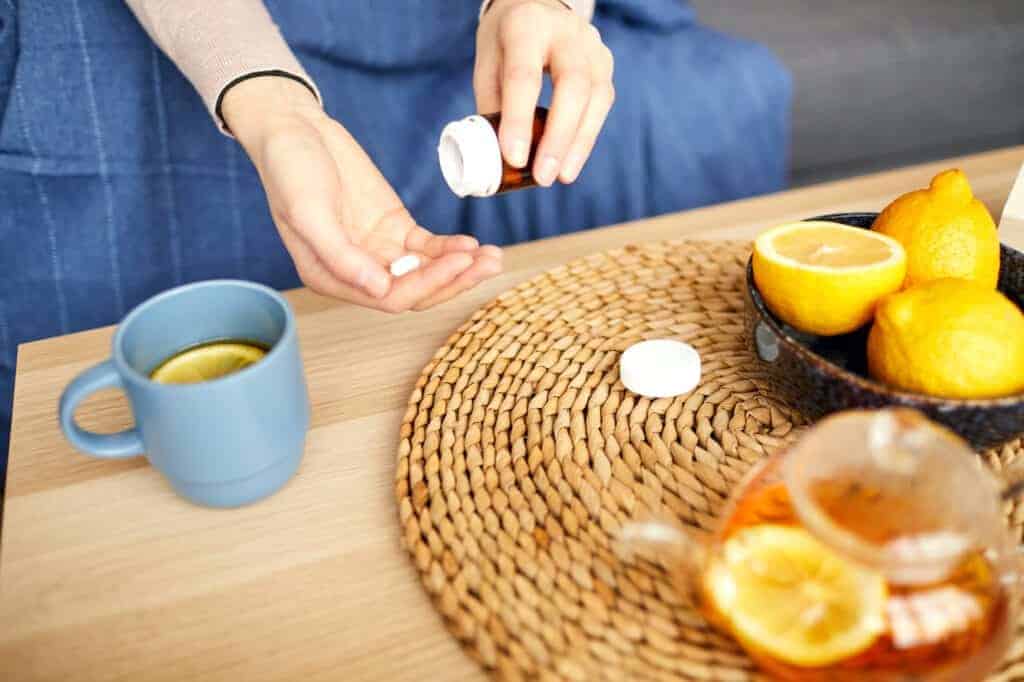
It would not be wise to rely on nutritional yeast alone because the level of B12 varies from brand to brand and may not cover daily requirements and having it daily is unlikely to be practical.

Two common supplement forms of vegan B12
There are two common forms of Vegan B12 available in supplement form: Cyanocobalamin and Methylcobalamin. The most common is cyanocobalamin. It is a synthetic form of vitamin B12 that is not found in nature, it is easily obtainable in the form of tablets and it’s the cheapest form you can get.
Cyanocobalamin is shelf-stable as opposed to methylcobalamin. Dr. Michael Greger encourages people to take cyanocobalamin and not methylcobalamin. Because methylcobalamin is less stable, not as reliable and has not been studied as much as Cyanocobalamin – https://nutritionfacts.org/?s=B12
Methylcobalamin is found in nature and it’s less toxic, has better retention and is thought to be the most active.
Also, it is one of the two coenzyme forms of vitamin B12. Our body must convert it into the second co-enzyme form of B12 which is called Adenosylcobalamin.
According to Dr Klaper’s source, in order for the body to transform cyanocobalamin into an active form of B12 methylcobalamin requires activation by the MTHFR enzymes and in some people, the enzymes could be a little bit slow and cause difficulty.
“Since methylcobalamin is the active form of B12, and is readily available for cells to use, many physicians, myself included, prefer the methylcobalamin form of vitamin B12 supplement for everyone.”
Dr. Michael Klaper states: Vitamin B12 Basics, https://www.doctorklaper.com/b12
I personally experimented with both forms. When I travel, I tend to get Cyanocobalamin mostly as it’s widely available.
Deva, Vegan B12 with Folic Acid & B6, 90 Tablets – Methylcobalamin
My husband and I use Deva vegan b12 every other day and we order from iHerb.
- Methylcobalamin
- Vegan
- 1000 mcg
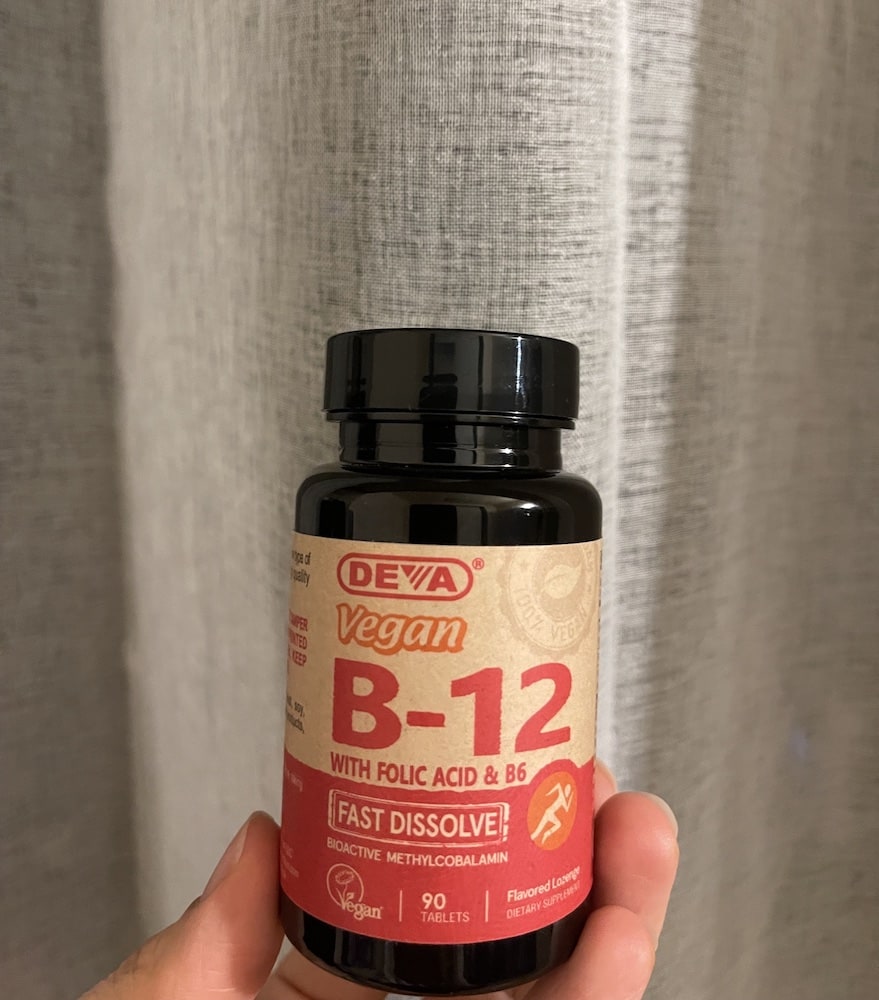
Is it really worth it?
All that said, embracing a plant-based lifestyle led to a healthy and happy life for me and my husband without killing animals and consuming them for the sake of vitamin B12 or any other nutrients. The deadly disease we have from eating animal flesh in exchange for B12 is far way too risky, to risk our health to satisfy our senseless and needless addiction to meat.
I asked myself this question and I am glad I did it. Maybe it is time for you to ask this question yourself Is it really worth it?
Also see other articles related to nutrition
The Importance of Vitamin D And How to Get It
Sources
https://en.wikipedia.org/wiki/Vitamin_B12
https://veganhealth.org/vitamin-b12-plant-foods/#orgpro
https://chriskresser.com/b12-deficiency-a-silent-epidemic-with-serious-consequences/
https://nutritionfacts.org/2011/08/25/vegan-b12-deficiency-putting-it-into-perspective/
https://www.nhs.uk/conditions/vitamin-b12-or-folate-deficiency-anaemia/


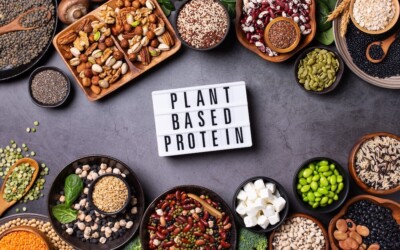








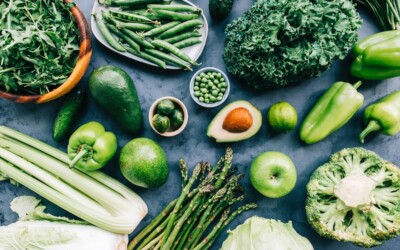


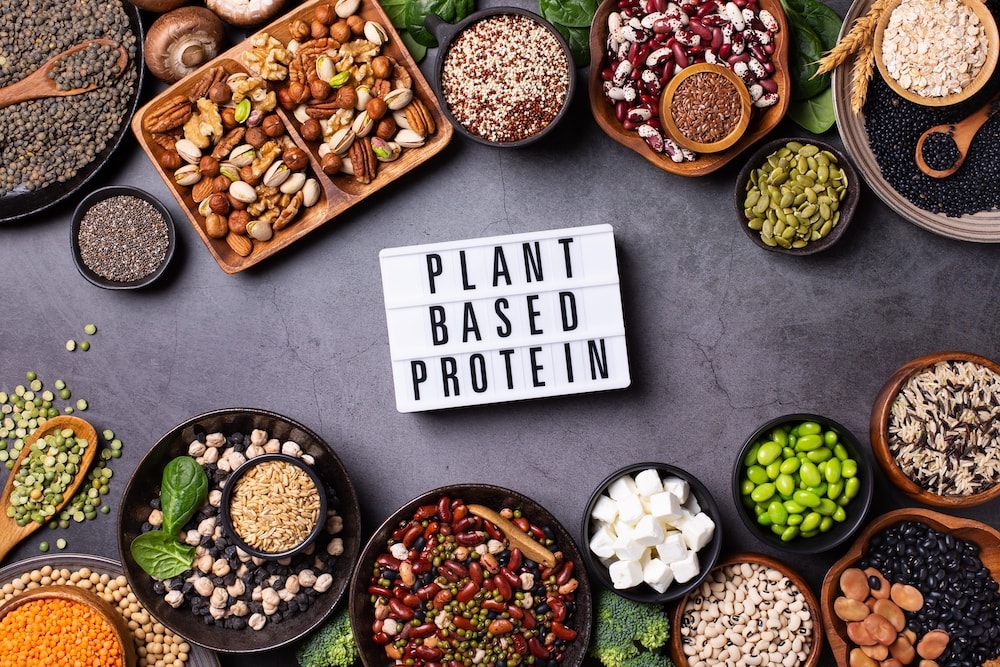

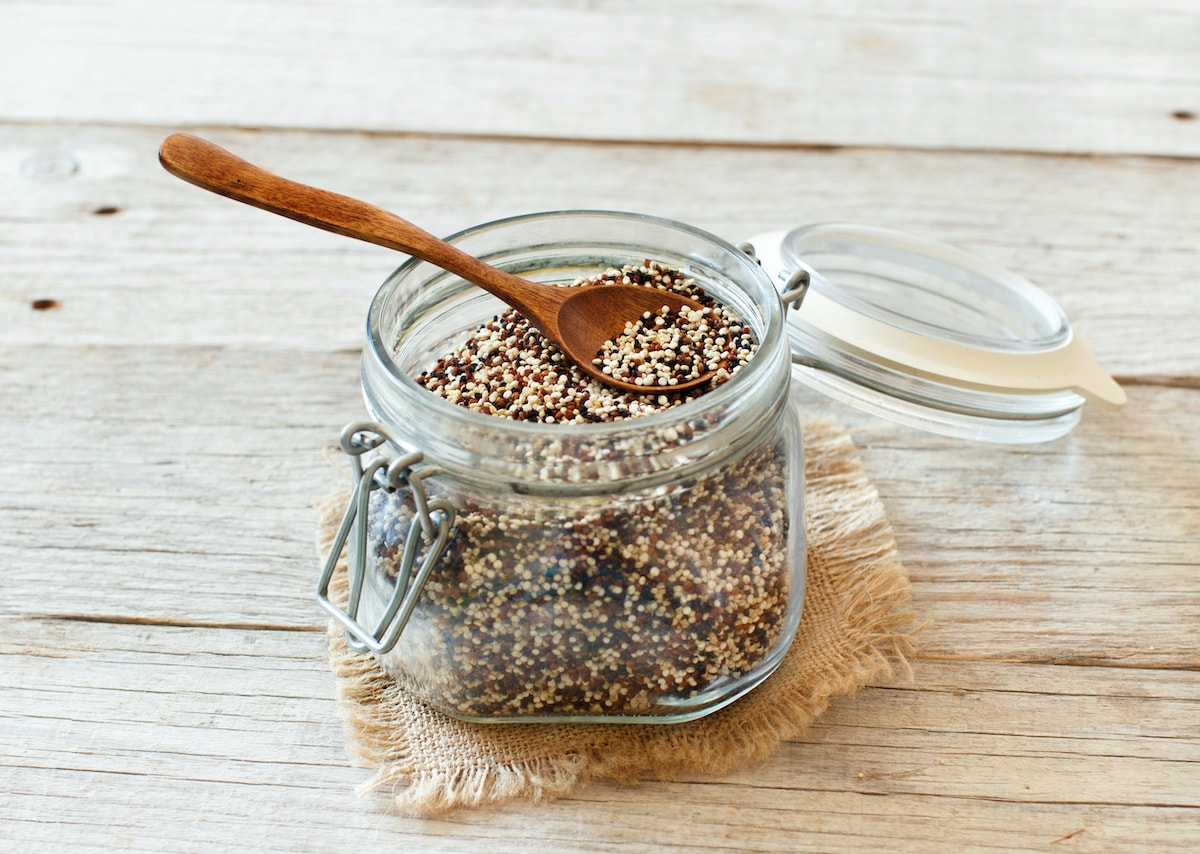
0 Comments